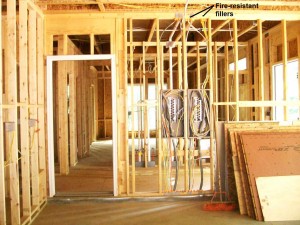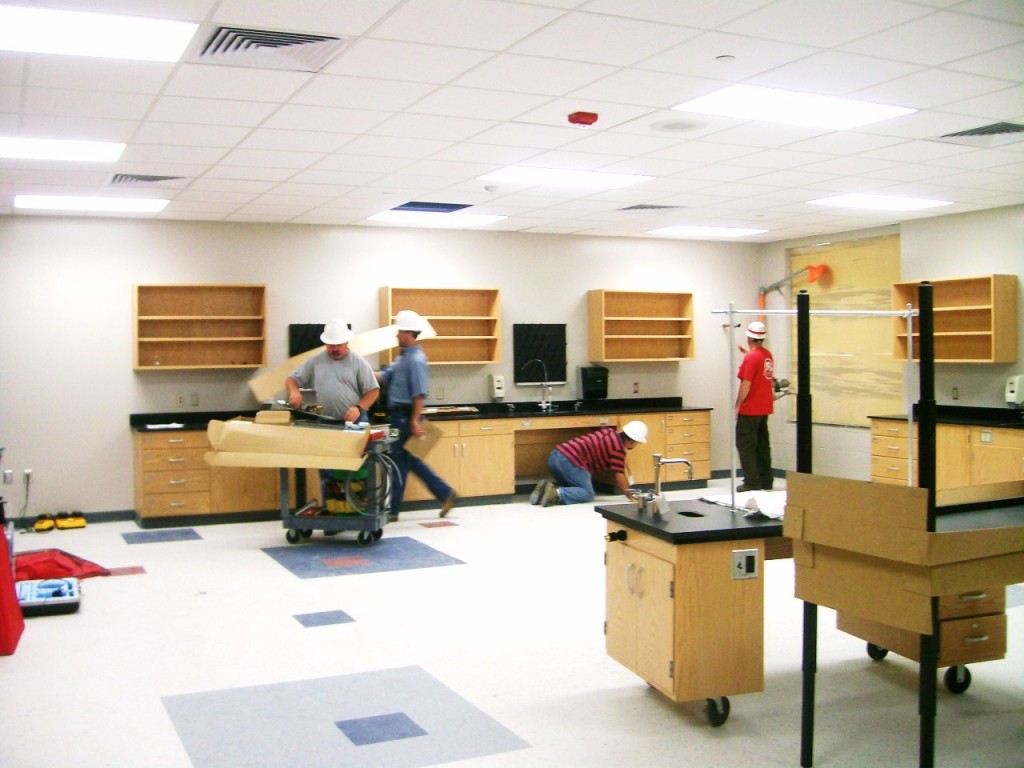Shadowing Inspectors and Other Updates

As I work through the second half of my internship, I would like to provide a few updates on two activities I have been involved with in the past couple of weeks.
The first update concerns the Town of Wendell’s extraterritorial jurisdiction (ETJ) request that I have written about in several of my earlier posts. Although Wake County’s staff had recommended that Wendell be given planning rights over the desired unincorporated land, the County’s Planning Board had opposed the request. To reconcile these differences, Wendell took its request all the way to the Board of Commissioner’s this week. Understanding Wendell’s planning needs but also echoing some of the Planning Board’s concerns about the large size of the requested area, the Commissioners decided to approve a modified ETJ plan (with less overall area) that was proposed by Chairman Paul Coble.
The other update concerns one of the major projects I have been working on this summer. After hours of researching/making sense of planning, development and inspections-related fees charged by local governments across North Carolina, I now have a final benchmarking document that I will discuss with staff at a meeting today. I may not foresee a career in planning and/or inspections in my future, but working on this project has made me appreciate the important public goods these functions provide for County residents.
As much as many people dislike being told what to do with their land and how to build their houses/businesses, there is no doubt that seemingly annoying/costly regulations reduce the risk of a variety of problems that can be caused by building on a floodplain, lacking fire evacuation routes, and having faulty electrical wiring, to name a few things that are regulated. Since few people have the incentive and/or foresight to think about ways to ensure that their land use activities are as suitable and safe as possible, the regulations fall into government’s domain.
Last week, I had the opportunity to see several Wake County inspectors doing their jobs on a variety of sites. I watched inspectors examining the structural framing, insulation and other building-related features of two houses. One of the main concerns seemed to be the use of spaces and materials that were as fireproof as possible.
I also watched inspectors examining plumbing, electrical and other mechanical fixtures at a high school construction site. One of the main concerns here was to make sure teachers had a way to prevent and, if needed, quickly control dangerous flare-ups, chemical spills, and other accidents in science labs.
Some parts of the inspections became quite technical and I wasn’t able to follow the explanations, but based on what I saw overall, I am reassured that Wake County code enforcement is in the hands of highly capable individuals.




